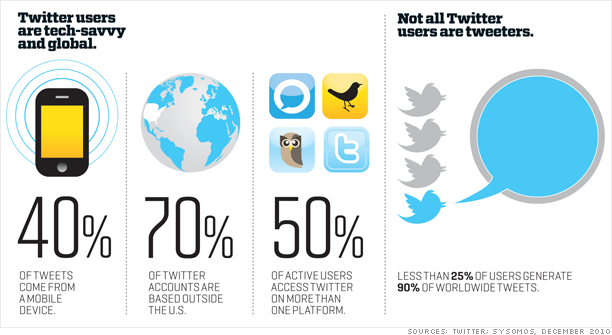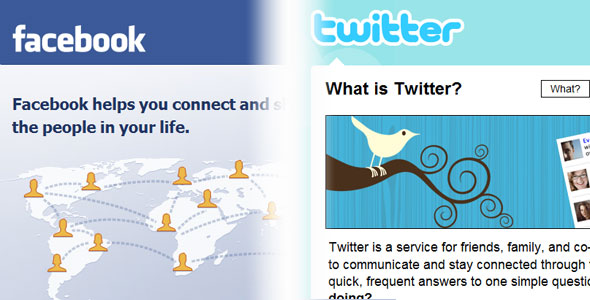Facebook founder Mark Zuckerburg may not have invented social networking, but he certainly dominates it. Facebook is by far the most popular social network for adults, teens, and tweens. In fact, it's such an integral part of the Internet that a lot of kids simply don't know how they would live without it.
Five or ten years ago, a lot of kids used to spend time “surfing the Internet,” looking for sites to occupy their time and attention. Now it's much more common for kids to log onto Facebook and spend hours surfing the site, exploring their friend's walls for hours on end.






















